Apple's iOS accounted for 22 percent of all domestic smartphone sales in the second calendar quarter of 2010, according to new data from the NPD Group released Wednesday. Android, for the first time ever, was the top mobile operating system with a 33 percent share. Research in Motion's BlackBerry OS took second, with 28 percent.
"For the second consecutive quarter, Android handsets have shown strong but slowing sell-through market share gains among U.S. consumers," said Ross Rubin, executive director of industry analysis for NPD. "While the Google-developed OS took market share from RIM, Apple's iOS saw a small gain this quarter on the strength of the iPhone 4 launch."
The top-selling Android phone in the second quarter was the Motorola Droid, followed by five phones from HTC: Droid Incredible, EVO 4G, Hero and Droid Eris.
RIM hopes to regain some footing with its newly-announced BlackBerry Torch. The new handset features a multi-touch screen and a slide-out keyboard, but its display could hurt it, Rubin said.
"Blackberry 6 will soon offer features that have been popular in recently launched Android handsets, such as support for capacitive touchscreens and a WebKit-based browser," he said. "However, the Blackberry Torch lacks the large screen allure that has characterized the best selling Android devices at its price point, including the Droid Incredible and EVO 4G."
Helping to push Android sales were promotional deals where customers can buy one, get one free. Verizon Wireless, the largest carrier in the U.S., had a 33 percent units sold share in the quarter, based on the strength of its buy one, get one promotional offers on all RIM and Android models.
AT&T, the exclusive carrier of Apple's iPhone in the U.S., was number two in the quarter, with 25 percent of all unit sales. Sprint followed in third with 12 percent, and T-Mobile was the last of the biggest domestic carriers at 11 percent.
The iPhone last quarter single-handedly brought 860,000 new customers to AT&T, as the carrier activated a record 3.2 million iPhones in the June period. The global launch of the iPhone 4 resulted in 1.7 million sales in the first three days, the single largest product launch in Apple's history.
 Slash Lane
Slash Lane
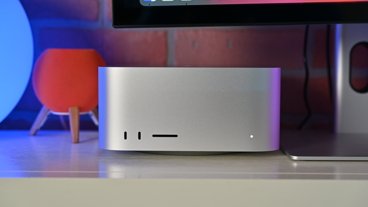





-m.jpg)





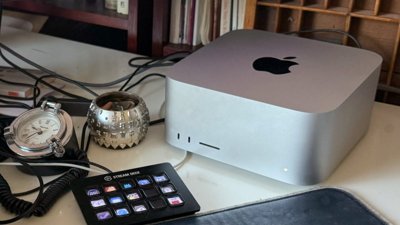
 William Gallagher
William Gallagher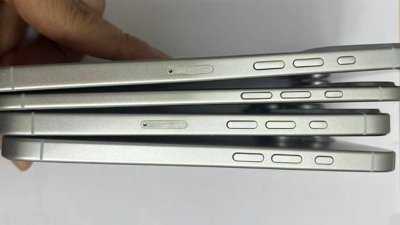
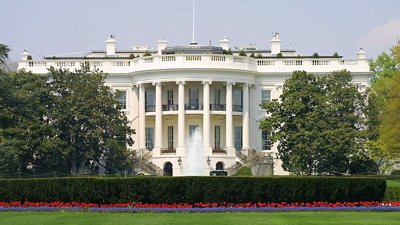


 Wesley Hilliard
Wesley Hilliard

 Christine McKee
Christine McKee
 Malcolm Owen
Malcolm Owen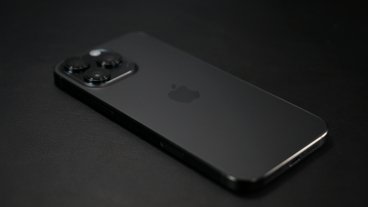
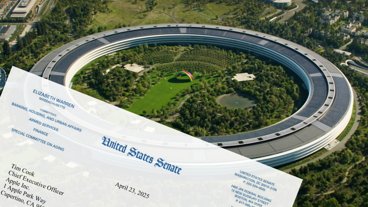


-m.jpg)




273 Comments
I'm not suprised. That's what buy one get one free gets you. #1 in sales...unit sales. How's that revenue looking?
What the anti-iPhone/anti-BB/pro-Android kids won’t understand is that any one of those vendors using Android would change places with RiM or Apple in a heartbeat.
Its not the market share that is important to consumers. Which company makes the most profits?
I'm not suprised. That's what buy one get one free gets you. #1 in sales.
Technically speaking, when comparing these OS numbers we?re not actually comparing sales, we?re comparing the OS install base. To compare sales we?d have to be comparing the devices from each vendor.
It?s expected that Android would be number one since it?s open to all vendors and it?s free, unlike BB OS, iOS, and WM. Frankly, I?m surprised it took Android this long, which is a testament to how well RiM and Apple are managed and possibly just how poorly these other handset vendors are at understanding the market as it wasn?t until they following their better?s lead that they finally learned to turn a profit in this new age of mobile computing.
Great to hear as competition keeps the market moving forward.
As for those BoGo deals, it appears they're seriously working well for Verizon given that the phone might be 'free', but still requires both activation and a new contract -
Very Smart Move on Verizon's Part since it keeps the customer with the newest handsets at a bargain, and when it boils down to it, that's all the customer really cares about.